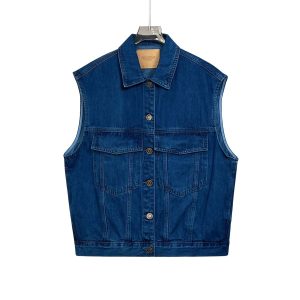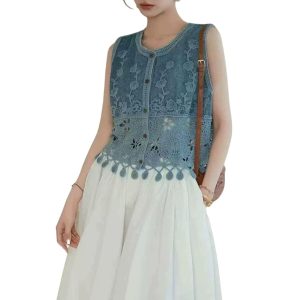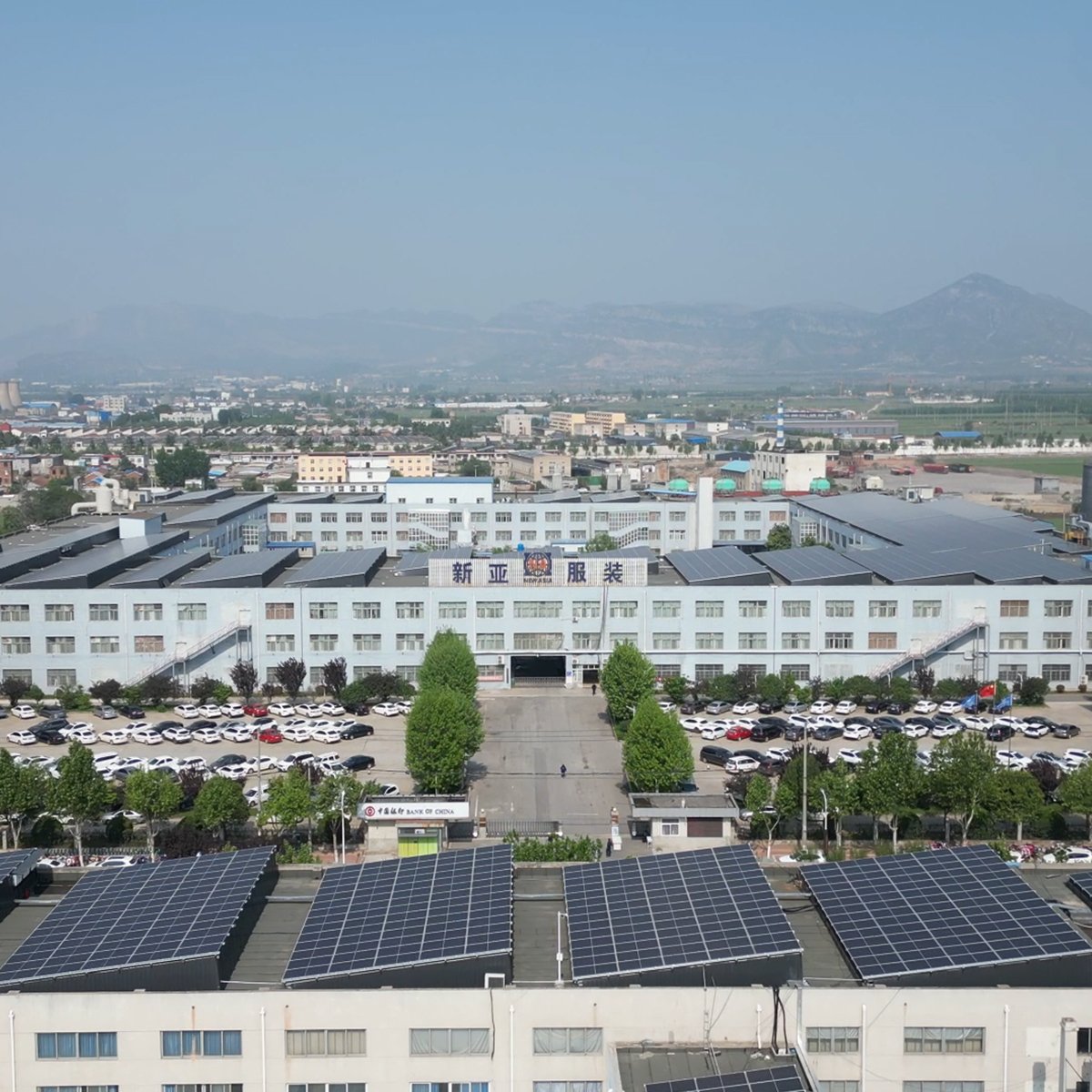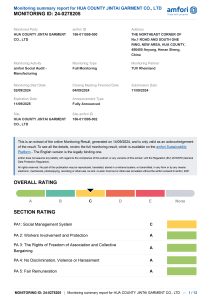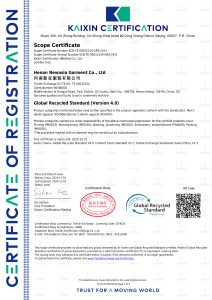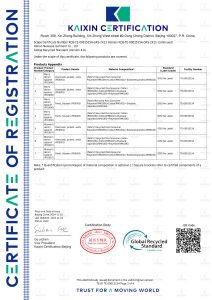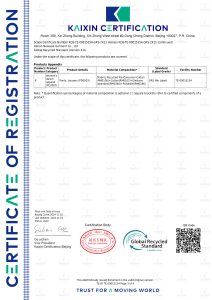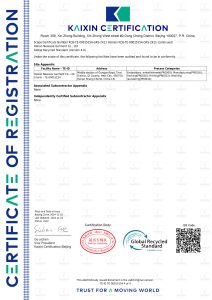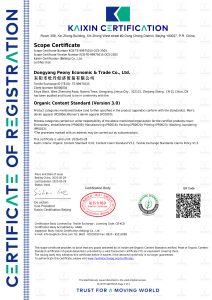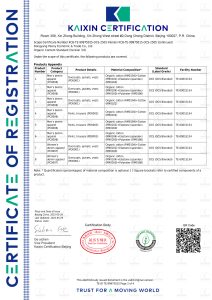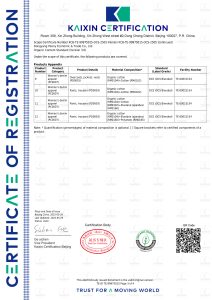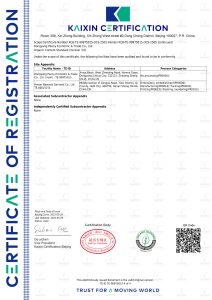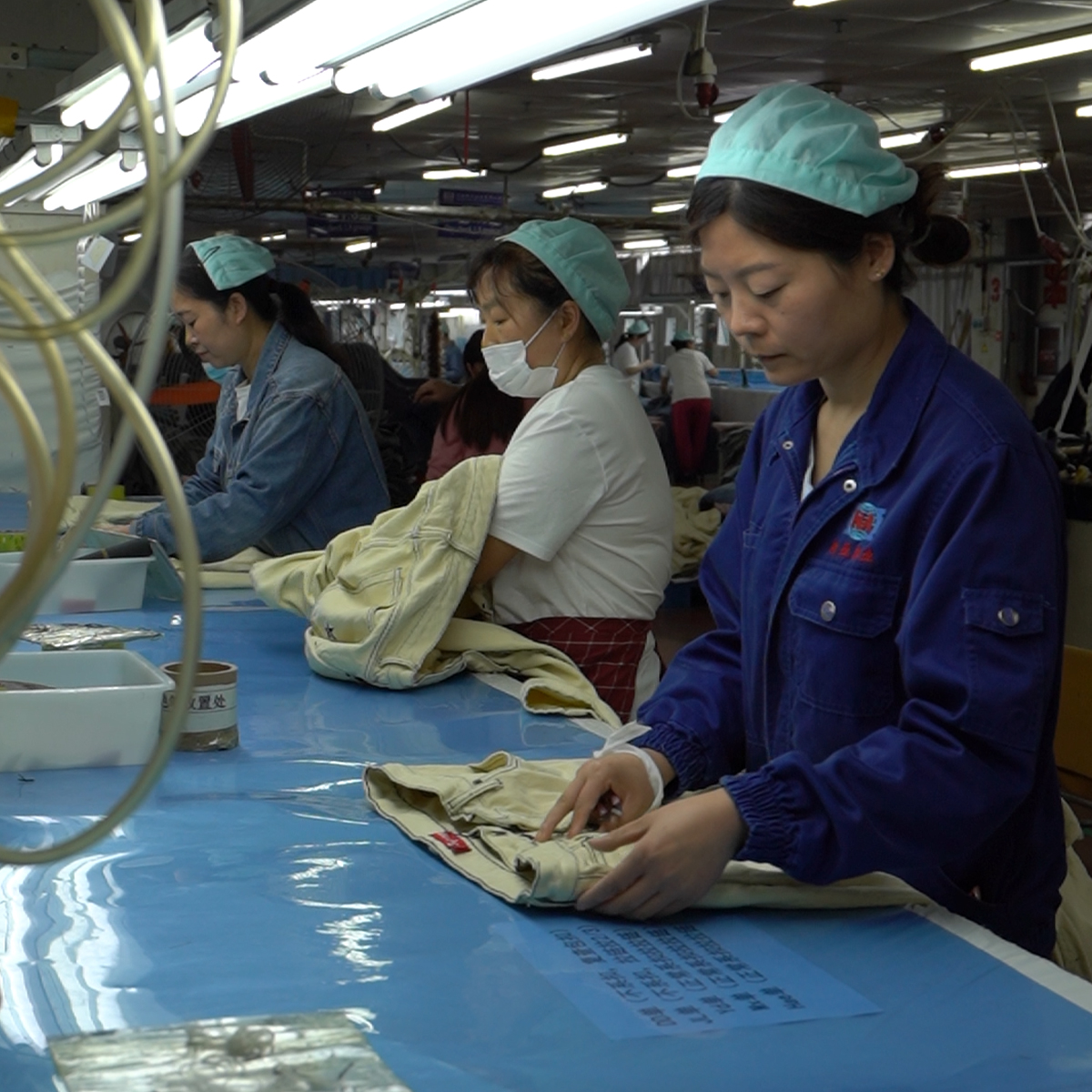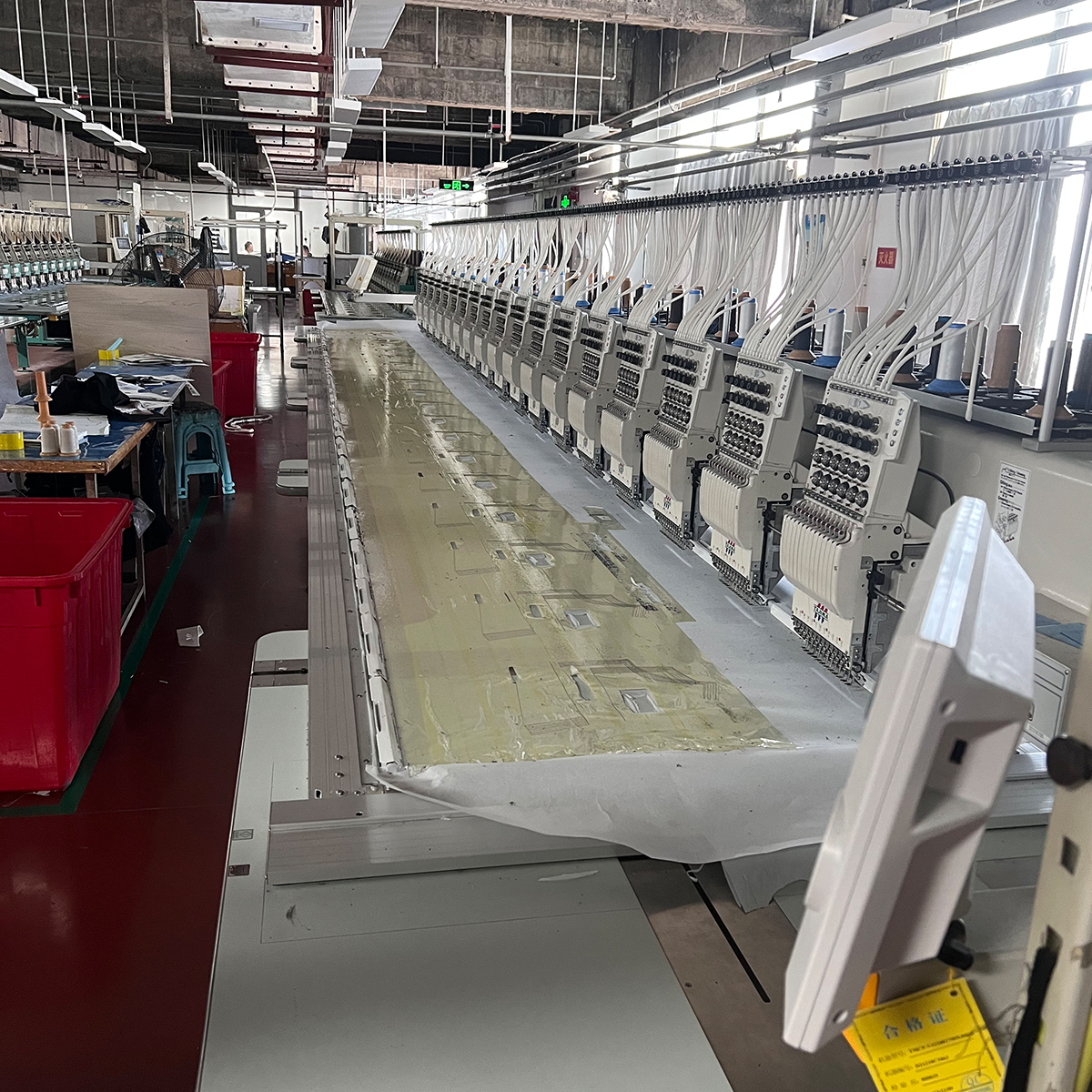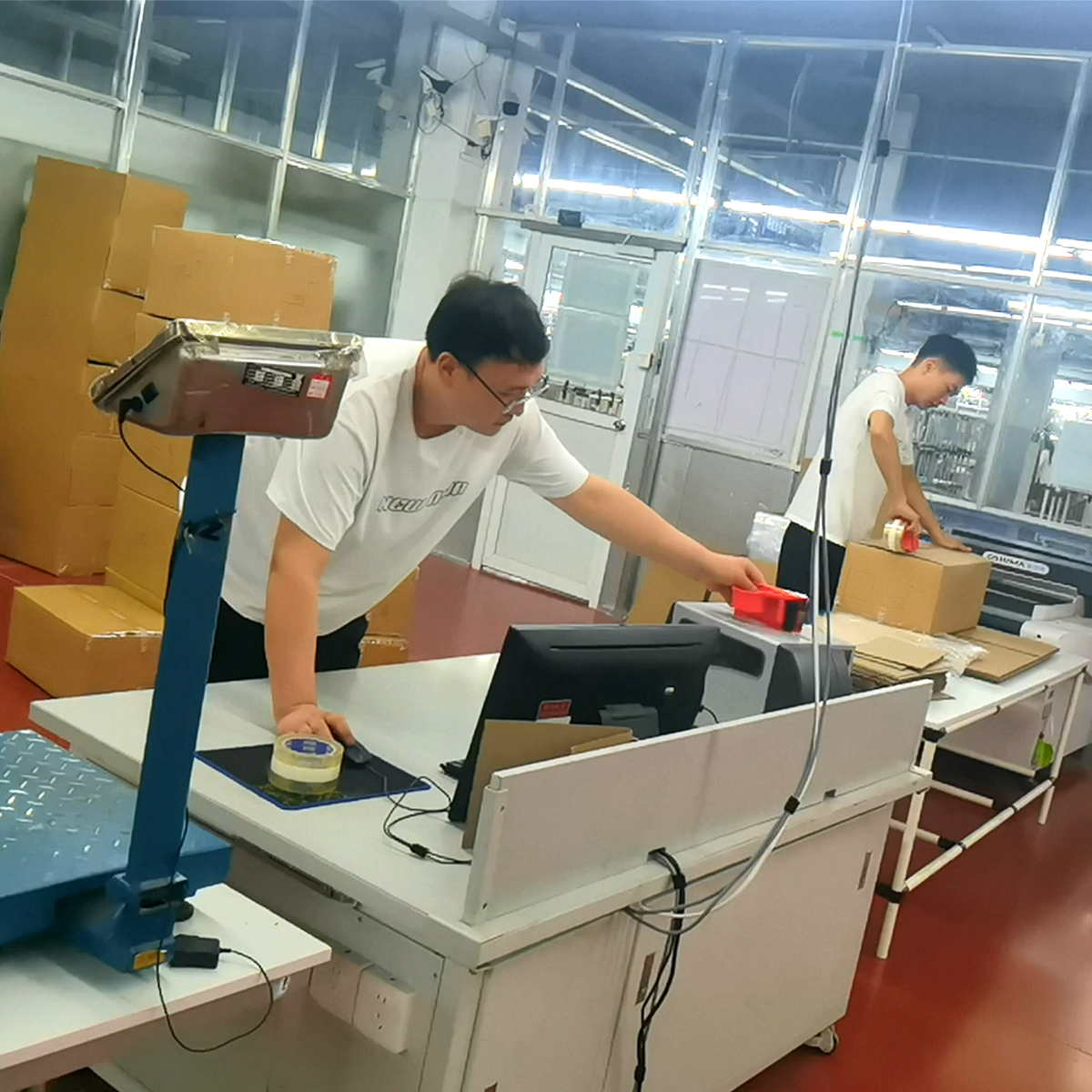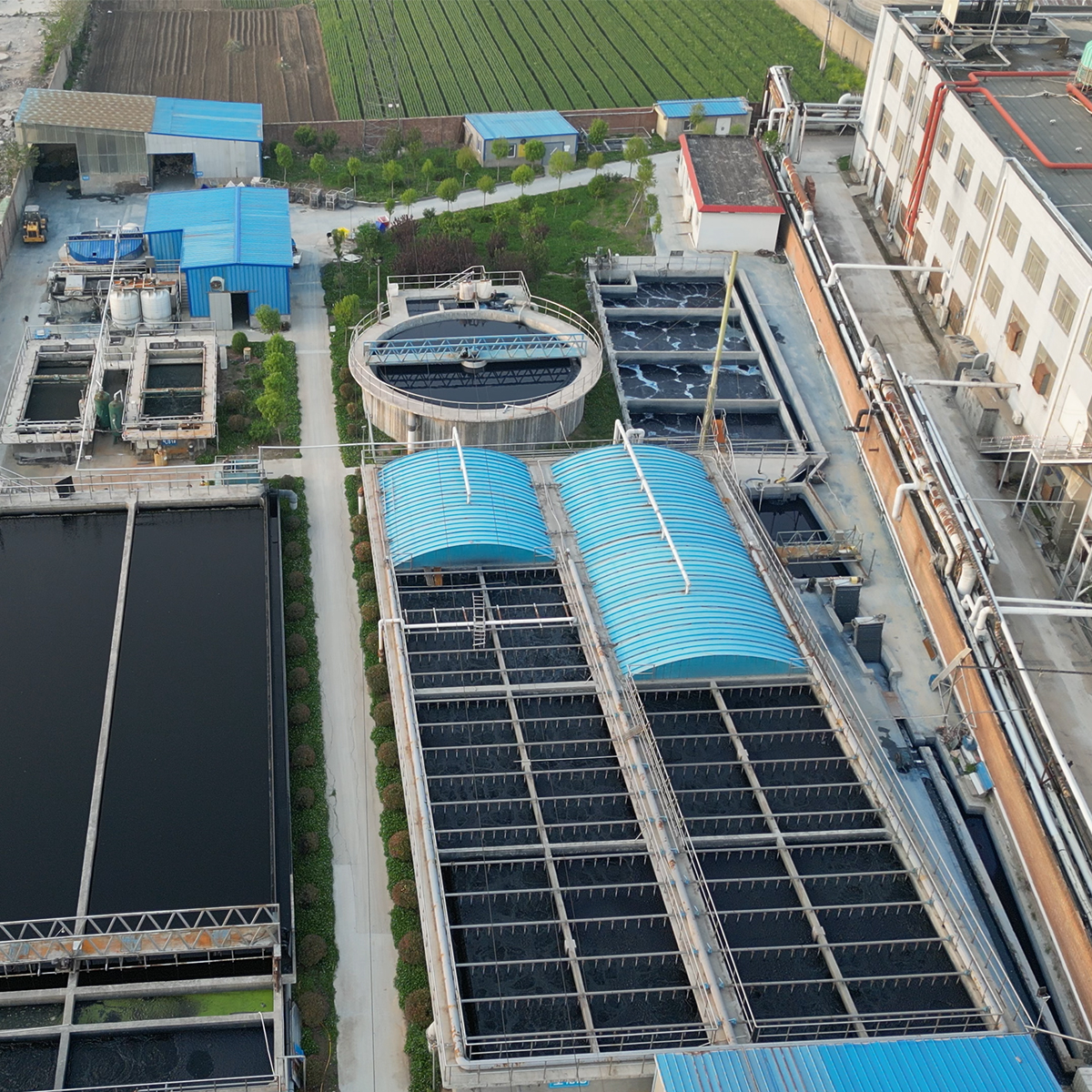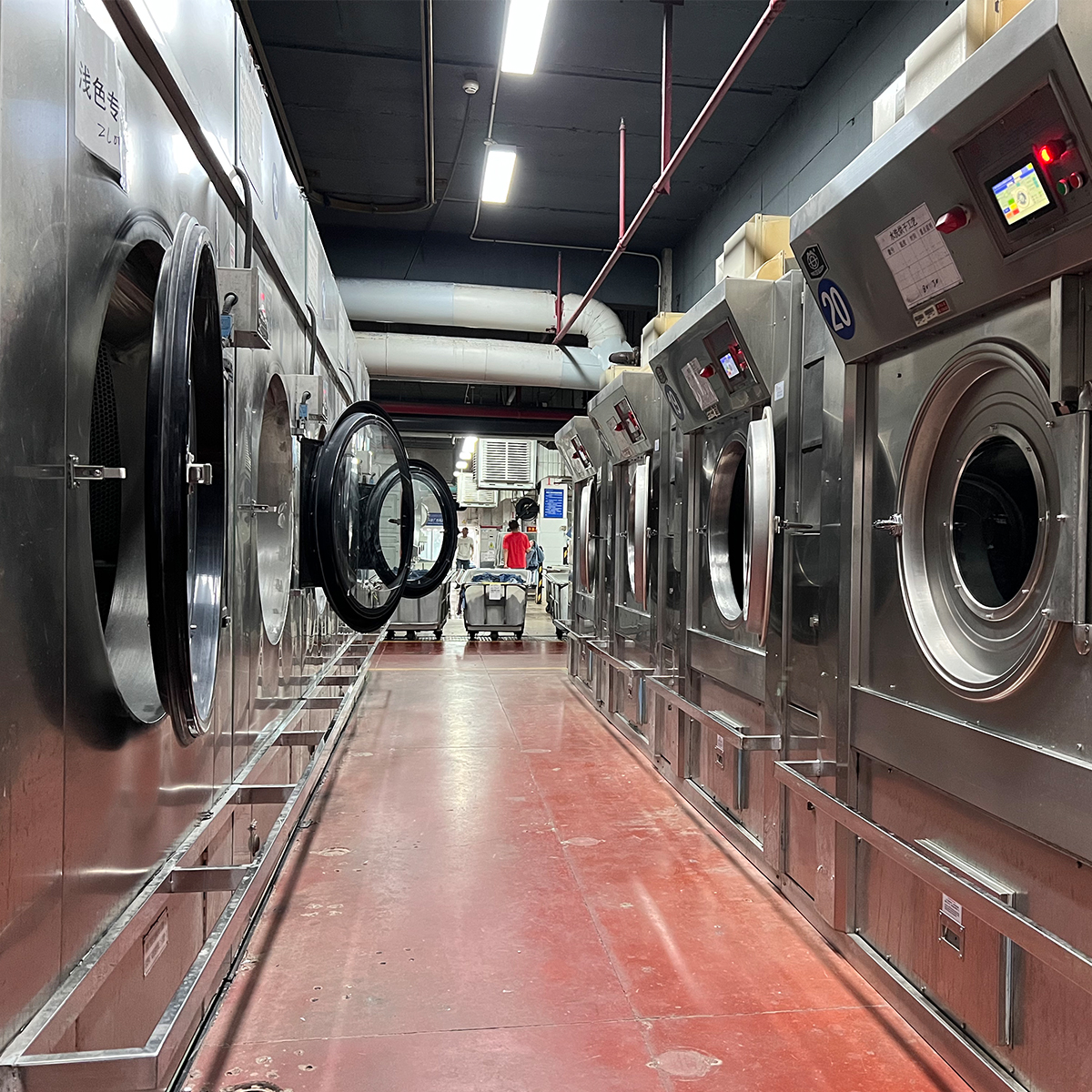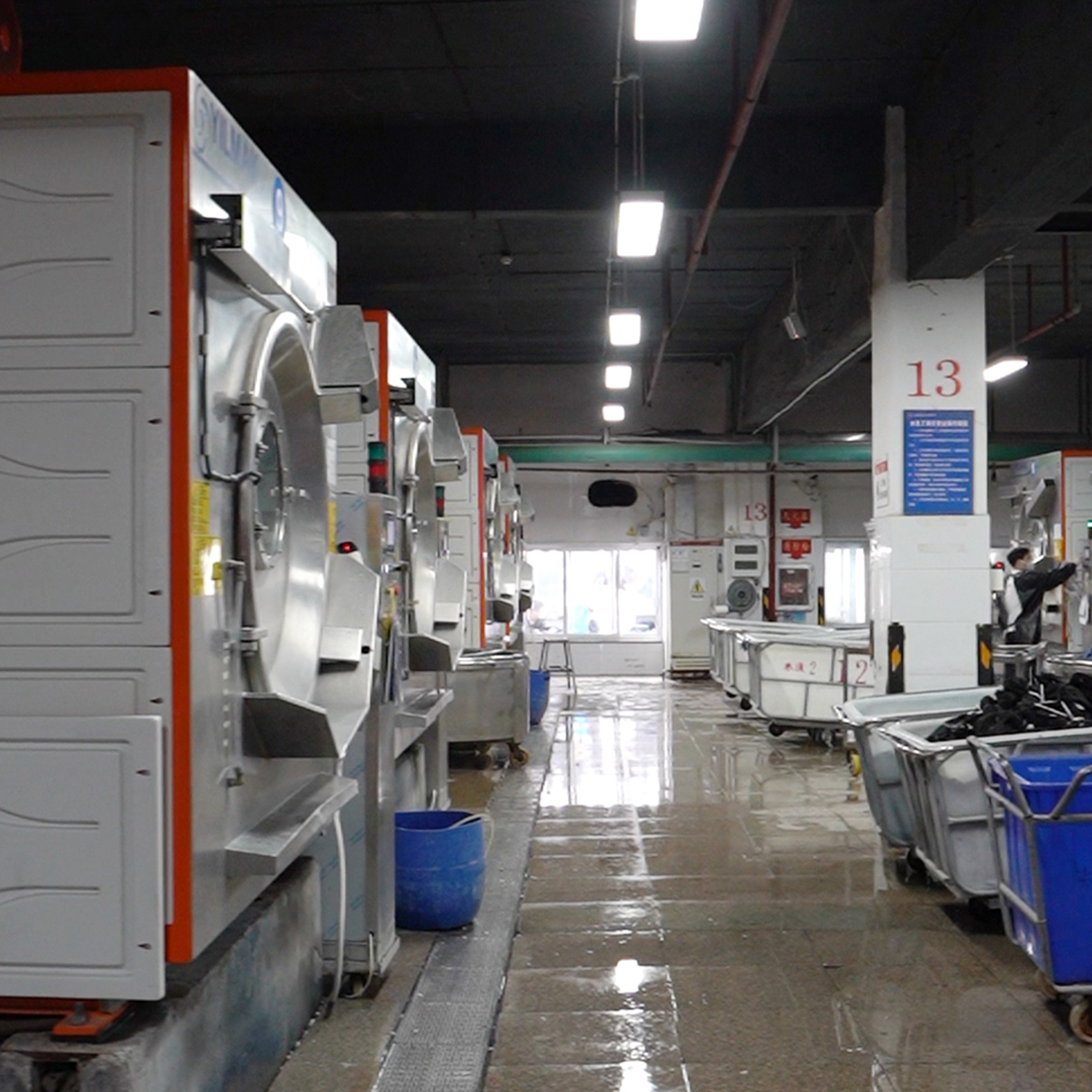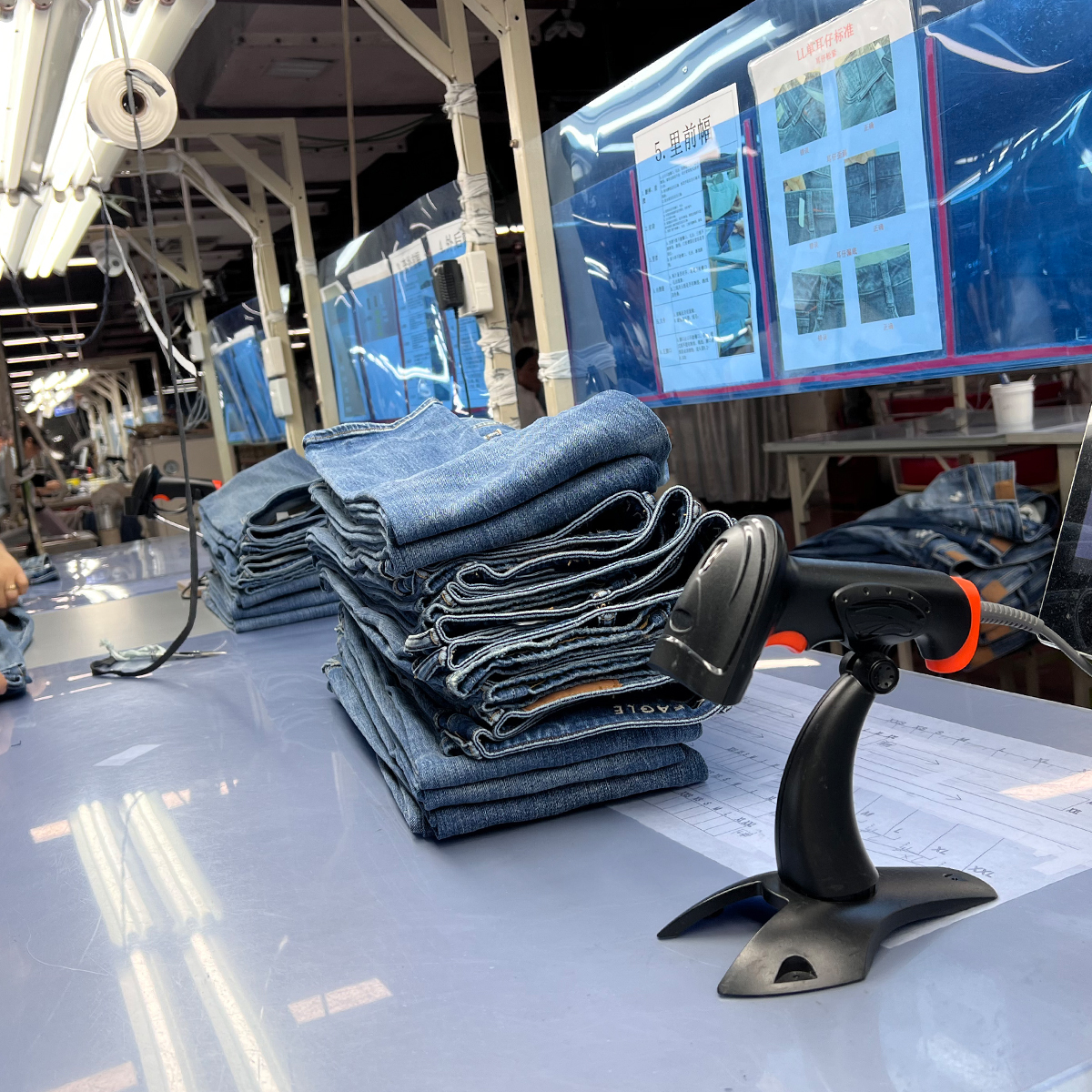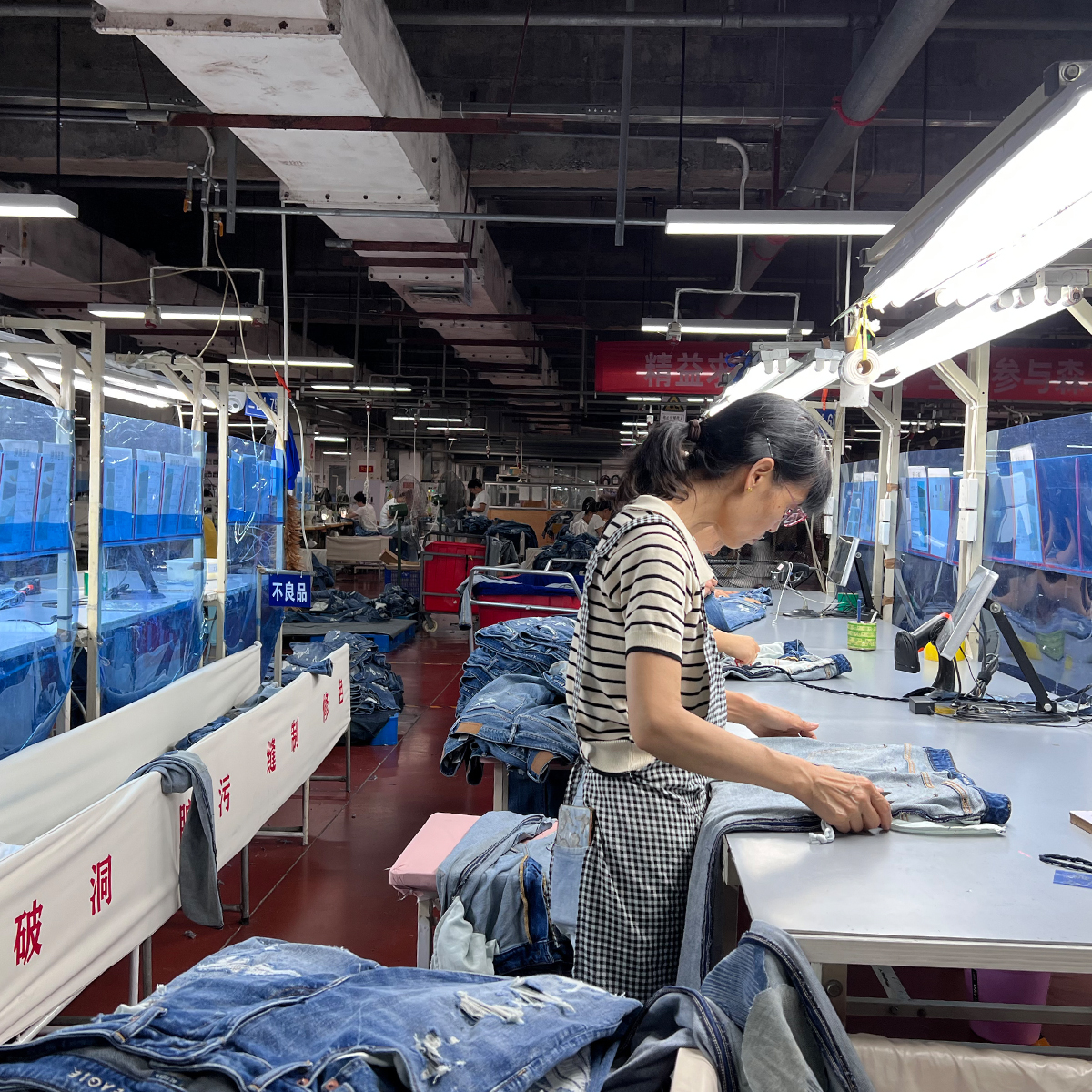The world of clothing and apparel manufacturing is undergoing a significant transformation driven by technology and innovation. As consumer demands evolve, manufacturers are adopting new techniques that not only enhance production efficiency but also ensure sustainability. This article explores the latest trends and innovations shaping the future of clothing production, providing insights into how these changes are impacting manufacturers, consumers, and the environment.
The Shift Towards Sustainable Practices
In recent years, sustainability has become a crucial focus within the fashion and apparel industry. Manufacturers are recognizing the environmental implications of their production processes and are seeking ways to minimize waste and reduce their carbon footprint. Innovations such as biodegradable fabrics, waterless dyeing techniques, and recycling programs are emerging as viable solutions.
For instance, brands are increasingly adopting organic cotton and recycled materials to create eco-friendly garments. The circular economy model is gaining traction, where clothing is designed for longevity and recyclability, thereby promoting responsible consumption.
Smart Manufacturing and Automation
Automation is revolutionizing apparel manufacturing, making processes faster, more efficient, and cost-effective. With the integration of robotics and artificial intelligence (AI), manufacturers can produce clothing with greater precision and reduced labor costs.
Technology such as 3D knitting machines allows for the on-demand production of garments, minimizing the need for large inventories and excess stock. This shift not only benefits manufacturers through lowered overhead costs but also meets fluctuating consumer demands in real-time.
The Rise of Digital Solutions
The apparel industry is embracing digitalization, leading to an increase in the use of technologies such as computer-aided design (CAD) and digital pattern making. These tools enhance design capabilities and streamline communication between designers and manufacturers.
Furthermore, digital platforms enable manufacturers to visualize patterns and fabrics before they are produced, significantly reducing the time taken for prototyping and sample-making. This results in improved turnaround times and decreased waste, ultimately benefiting the environment and the bottom line of apparel companies.
Data-Driven Decisions in Manufacturing
Incorporating big data analysis into manufacturing processes allows brands to make informed decisions regarding inventory management, production schedules, and consumer trends. By analyzing consumer behavior and market demands, manufacturers can optimize their production processes and reduce excess inventory.
Predictive analytics is becoming an invaluable tool in forecasting trends and managing supply chain efficiency. This data-driven approach empowers manufacturers to align their production strategies with consumer preferences, leading to better sales performance and customer satisfaction.
The Impact of E-commerce on Apparel Manufacturing
The surge in e-commerce has transformed the apparel manufacturing landscape. With more consumers shopping online, manufacturers are compelled to adapt to the demand for faster production cycles and direct-to-consumer shipping models.
This shift has led to the rise of small-batch production techniques and localized manufacturing, allowing for quicker fulfillment times and reduced shipping costs. Brands are finding success by leveraging technology to create seamless online shopping experiences that cater to the needs of modern consumers.
Circular Fashion and Upcycling
As sustainability continues to influence apparel manufacturing, the concept of circular fashion is gaining momentum. This approach emphasizes the importance of reducing waste and extending the lifecycle of garments through upcycling and refurbishment.
Innovative brands are creating collections from repurposed materials, showcasing the potential of giving new life to discarded textiles. This not only promotes environmental responsibility but also appeals to consumers who are increasingly looking for unique and ethically produced clothing options.
The Role of Ethical Manufacturing Ethics
In addition to sustainability, ethical manufacturing practices have become a significant concern for both consumers and manufacturers. There is a growing demand for transparency in the supply chain, pushing brands to provide information about their labor practices and sourcing policies.
Manufacturers are adopting fair labor practices and ensuring that workers receive fair wages and safe working conditions. This commitment to ethical manufacturing not only strengthens brand loyalty but also fosters a positive impact on global communities.
Technology and Innovation in Fabric Development
Advancements in fabric technology are changing the types of materials available to manufacturers and consumers. Innovations such as moisture-wicking fabrics, stretchable textiles, and self-cleaning materials are just a few examples of how modern fabric development is enhancing the functionality and performance of clothing.
Additionally, research into biofabrication is leading to the creation of textiles from organic materials, reducing dependence on traditional textile manufacturing practices that can be harmful to the environment. As these technologies continue to develop, manufacturers can provide consumers with clothing options that are not only stylish but also environmentally friendly.
Future Trends to Watch
As the apparel manufacturing industry embraces innovation and technology, several future trends are expected to shape its trajectory. The continued rise of virtual reality (VR) and augmented reality (AR) in shopping experiences will allow consumers to virtually try on clothing, bridging the gap between online and in-store shopping.
Furthermore, advancements in customization technology are paving the way for personalized clothing options. Consumers can now have garments tailor-made to their specifications, enhancing their shopping experience and fostering greater consumer engagement.
In summary, the apparel manufacturing industry is at a pivotal point in its evolution. With a focus on sustainability, automation, and technological advancements, manufacturers are poised to meet the needs of modern consumers while also addressing global environmental challenges. As these innovations continue to unfold, the future of clothing production looks promising, offering exciting opportunities for manufacturers and consumers alike.



